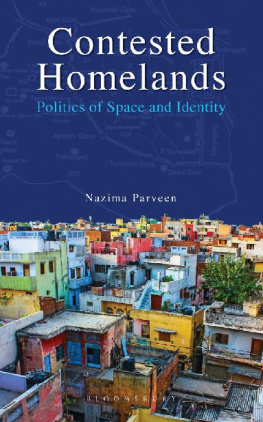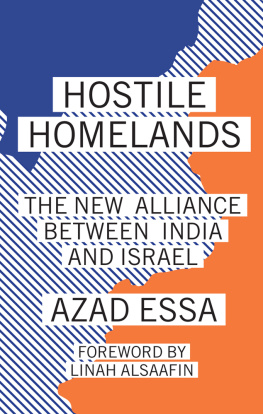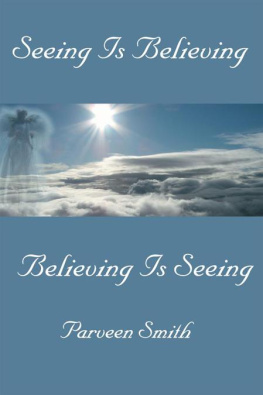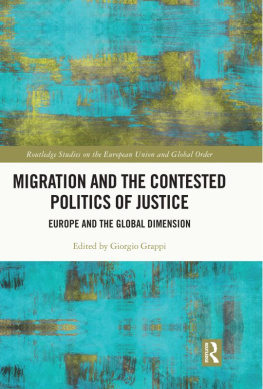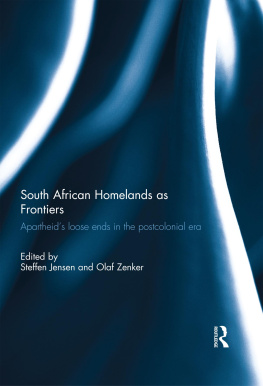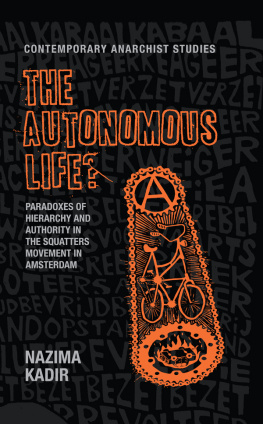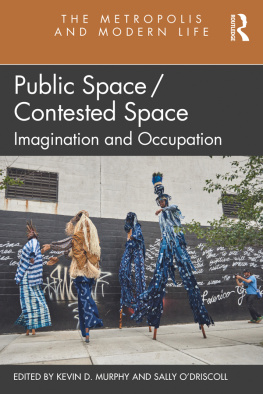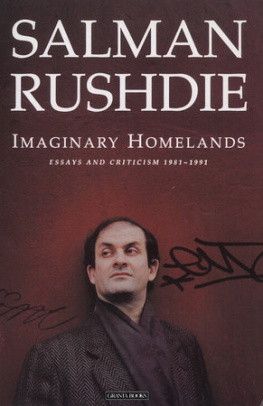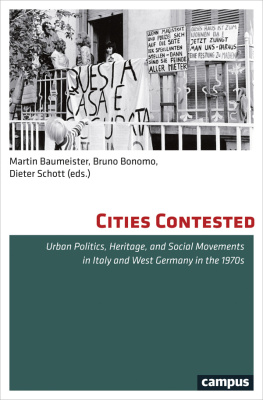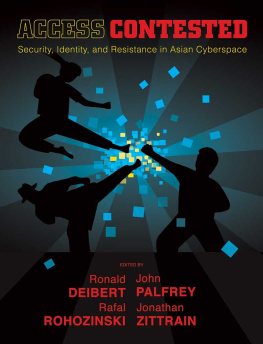In this highly original and creative work, Nazima Parveen unravels, layer by layer, the complex repertoire of meanings, images and labels that have got attached to the term Muslim neighbourhood in the context of urban North India. These labels include contested zones, hideout of terrorists, ghettos, communally sensitive areas and even mini Pakistans. In this wide-ranging and diligently researched book, Parveen shows how the term Muslim localities is a discursive construct.
Taking up the urban history of Delhi as her case study, Parveen shows how this discursive category has emerged through four distinct conjunctures: the post-1857 segregation of shared occupation and craft-based spaces through colonial municipal practices; the divisive politics of Muslim and Hindu homeland of the 1920s and 1930s; the reordering of Muslim habitat and demography driven by fear and insecurity in the aftermath of the 1947 Partition; and the 1970s Emergency campaigns marked by demolition, resettlement and coercive family planning that targeted the Muslim communities of Delhi.
Using rich archival and ethnographic materials, Parveen takes the reader through an illuminating tour of the Muslim ilaqe of Indias national capital, explaining sensitivities over meat consumption, sanitation and hygiene, congestion, safety and well-being. In doing this, she shines the spotlight on the urban milieu in which Indias Muslim communities live, as they deal with issue of economic precarity and political marginalisation.
Gyanesh Kudaisya ,
Associate Professor, South Asian Studies,
National University of Singapore
To live in the city is one thing. To claim it for ones own is another. Tracing the transformation of caste/craft mohalla s into religiously demarcated ilaqa s in colonial and postcolonial Delhi, Contested Homelands offers an exciting new account of the politics of belonging in a city. Changing contours of communityspace relations are examined to understand the making of minority and majority spaces, of inclusion and exclusion along religious lines, suggesting that city spaces as neither unmarked nor naturally segregated. Combing detailed historical narrative with a rich political ethnography, it is must-read both for scholars and concerned citizens.
Professor Awadhendra Sharan ,
Director, Centre for the Study of Developing Societies (CSDS),
New Delhi
Contested Homelands analyses the way religious communities have imagined their spaces in India over 150 years in a multiscalar perspective: while Delhi is the crucible of this study, it looks at the communalisation of the national land too through the making of Pakistan and the invention of Akhand Bharat. Factoring in the impact of public policies (from the Rajs separate electorates to Sanjay Gandhis sense of urbanisation during the Emergency) as well as Hindu sentiments for the cow and vegetarianism (that has created quasi-gastronomical zones), this geography of religion stands at the intersection of disciplines, including history, political science and anthropology.
Professor Christophe Jaffrelot ,
Avantha Chair and Professor, Kings India Institute, Kings College
London, UK, and Sciences Po, Paris, France
Overseas Fellow, Carnegie Endowment for International Peace
This is a both detailed and wide-ranging analysis of the emerging concepts and spaces of Muslim zones in Delhi from the late 19th to late 20th centuries. Deftly interweaving historiographical, constitutional, media and urban analysis, Nazima Parveen shows how Delhis rich geographies of caste, class, profession and community were sometimes gradually, sometimes suddenly, subjected to the homogenising power of communal space. Mixed HinduMuslim zones were enumerated and problematised by colonial administrations and, after 1947, through evacuee relocation plans. Muslim zones, or mini Pakistans, were then ghettoised and, in the mid-1970s, targeted as security risks. Using archival, printed and oral history sources, Parveen shows, however, that these policies often failed and that Muslim zones were and are rich and diverse lived places.
Professor Stephen Legg ,
School of Geography, University of Nottingham, UK
Contested Homelands
Contested Homelands
Politics of Space and Identity
Nazima Parveen
BLOOMSBURY INDIA
Bloomsbury Publishing India Pvt. Ltd
Second Floor, LSC Building No. 4, DDA Complex, Pocket C 6 & 7,
Vasant Kunj New Delhi 110070
BLOOMSBURY, BLOOMSBURY ACADEMIC INDIA and the Diana logo are trademarks of
Bloomsbury Publishing Plc
First published in India 2021
This edition published 2021
Copyright Nazima Parveen, 2021
Nazima Parveen has asserted her right under the Indian Copyright Act to be identified as Author of this work
The views and opinions expressed in this book are the authors own and the facts are as reported by her, and the publisher is not in any way liable for the same.
Bloomsbury Academic
An imprint of Bloomsbury Publishing Plc
All rights reserved. No part of this publication may be reproduced or transmitted in any form or by any means, electronic or mechanical, including photocopying, recording, or any information storage or retrieval system, without prior permission in writing from the publishers
Bloomsbury Publishing Plc does not have any control over, or responsibility for, any third-party websites referred to or in this book. All internet addresses given in this book were correct at the time of going to press. The author and publisher regret any inconvenience caused if addresses have changed or sites have ceased to exist, but can accept no responsibility for any such changes
ISBN: HB: 978-93-89000-89-4 ; eBook: 978-93-89000-91-7
2 4 6 8 10 9 7 5 3 1
Created by Manipal Digital Systems
Bloomsbury Publishing Plc makes every effort to ensure that the papers used in the manufacture of our books are natural, recyclable products made from wood grown in well-managed forests. Our manufacturing processes conform to the environmental regulations of the country of origin.
To find out more about our authors and books visit www.bloomsbury.com and sign up for our newsletters
To
My family
Hilal, Sarmad, Maaz and Raheel
Contents
: | Division of Municipal Area into Intramural and Extramural Wards after 1884 |
: | Demarcated Hindu-Dominated, Muslim-Dominated and Mixed Areas |
: | Muslim Camps, Muslim Zones and the Locations of Organised Communal Violence, 1948 |
: | Zonal Division of the Walled City, 1962 |
: | Identification of Residential Space as Hindu, Muslim and Combined Areas for Police Arrangements during Bakra-Eid Celebration under CRS, 1946 |
: | Jama Masjid Camp, 194748 |
: | Purana Qila Muslim Refugee Camp, 194748 |
: | Humayuns Tomb Refugee Camp, 194748, I |
: | Humayuns Tomb Refugee Camp, 194748, II |


